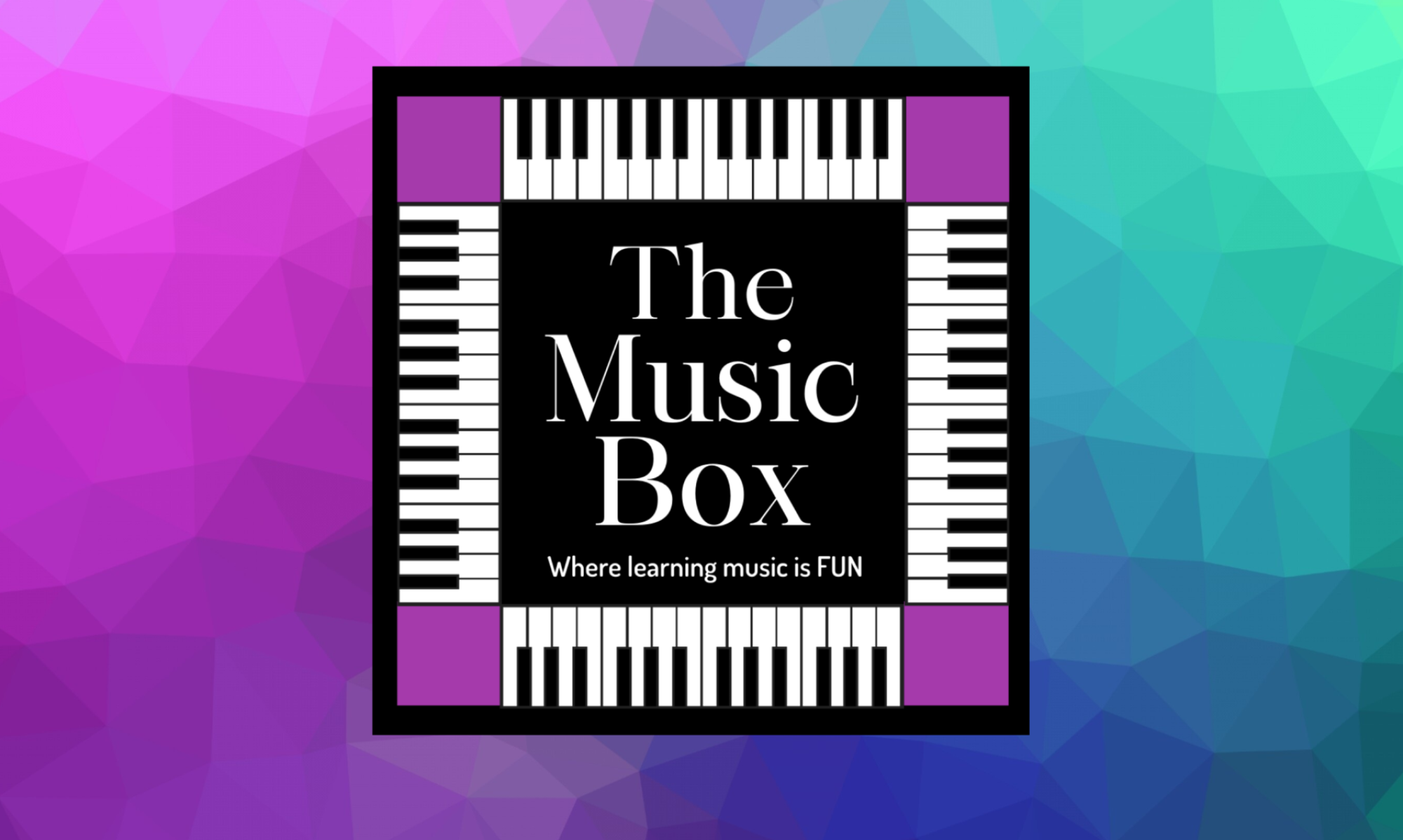How is THAT part of learning music??
 This week at The Music Box was Hawaiian week. I spruced up the place with bright paper flowers, birds, a flashy palm tree, pineapple and coconut, We danced the hula, made paper leis and underwater scenes, dove in a pretend ocean complete with fish and seashells, played pineapple bingo and made patterns out of shells. Why all the extra activities? What do crafts and dramatic play or dancing have to do with learning music?
This week at The Music Box was Hawaiian week. I spruced up the place with bright paper flowers, birds, a flashy palm tree, pineapple and coconut, We danced the hula, made paper leis and underwater scenes, dove in a pretend ocean complete with fish and seashells, played pineapple bingo and made patterns out of shells. Why all the extra activities? What do crafts and dramatic play or dancing have to do with learning music?
Learning to understand and create music is complicated. You must be a mathmetician to understand rhythm and metre. You must be a soulful artist to inject feeling and colour into the pieces you play. You must be an athlete to orchestrate the many muscles required to execute pieces with accuracy. In addition, you must be a power reader and interpreter to transfer a map of lines and dots into organized sound.
With so many skills to be learned, how is a teacher to tackle them all when working with a young child?
Crafts
- aid in fine motor development to build muscle and agility
- help children to express themselves in a concrete way so that later they are able to use music as a means of expression
- encourage creativity, to think outside the box
- review or reinforce a theory concept
Drama/imaginary play
- self expression
- learning how to “create” another world, another time and place. This is what musicians are doing for their listeners. Musicians are so much more effective/believable if they can “go there” themselves. Sadly, many children do not know how to use their imaginations.
- reinforce or review musical concepts taught in class
Dancing
- reinforce keeping a steady beat
- working on complex rhythms using feet and arms which makes executing these same rhythms with fingers much easier since the body is familiar with the feel of the rhythm.
- self expression and creativity in movement
- building confidence by moving freely in the company of peers and their parents
All of the aforementioned activities are included in Music For Young Children classes because they help to develop the whole musician. The skills required could be taught in lecture format, but how many 3 and 4 yr olds or even 8 & 9 yr olds would be enthusiastic about that?
I want my students to be excited about creating music. I want them to be effective artists, taking their listeners on a melodious journey every time they sit at the piano. Mostly, I want my students to ENJOY “the happy habit of making music”. It should be fun. Children learn more when they are lost in the process, when they have given themselves over to the experience . By injecting lessons with exciting and unexpected activities, I am able teach tough, abstract concepts that fine tune the young developing musician.
When at home, I encourage all young children to use their imaginations, make crafts or build with blocks and boxes, and to dance to their favourite music. These types of activites are important for many reasons and make for an A+ music student. Happy music making!!
–
